Ecological surveys of wetland habitats and mosquito fauna
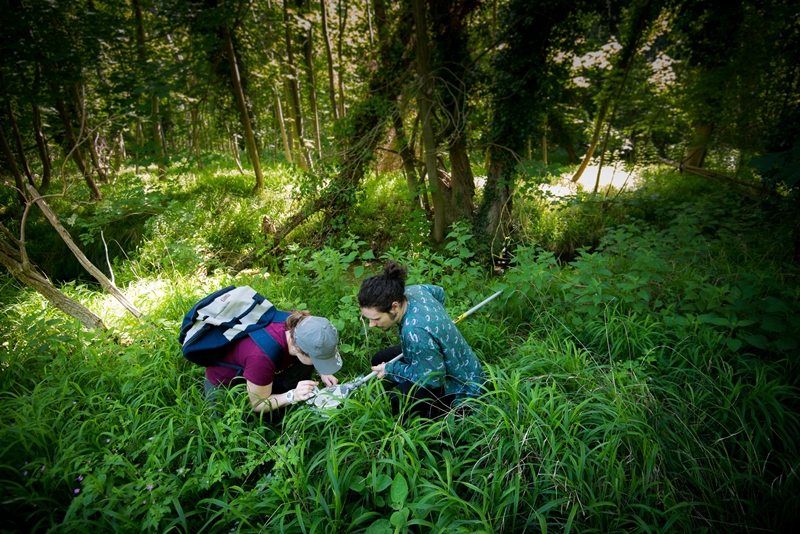 There is a great deal of variability in wetland habitats and the range of species they support. Ecological surveys over twelve different study sites will be lead by the University of Greenwich and Public Health England, and will categories diverse wetlands according to both biological variables and management practices. Surveys for adult and larval mosquitoes will be carried out, to determine their diversity, abundance, phenology and habitat specificity. These data will be used in combination to identify species specific variables associated with peak seasonal mosquito abundance and to understand population dynamics in relation to management options. We will also review the benefits of larval and pupal mosquitoes to aquatic biodiversity and the value of adults in the aerial plankton to terrestrial ecosystems. This ecological data, plus socio-economic findings, will be used to prepare technical guidelines for management options to minimise mosquito proliferation under various wetland conditions, resulting in a practical decision-making tool for wetland practitioners. Contact: Prof. Gabriella Gibson This email address is being protected from spambots. You need JavaScript enabled to view it. for more information.
There is a great deal of variability in wetland habitats and the range of species they support. Ecological surveys over twelve different study sites will be lead by the University of Greenwich and Public Health England, and will categories diverse wetlands according to both biological variables and management practices. Surveys for adult and larval mosquitoes will be carried out, to determine their diversity, abundance, phenology and habitat specificity. These data will be used in combination to identify species specific variables associated with peak seasonal mosquito abundance and to understand population dynamics in relation to management options. We will also review the benefits of larval and pupal mosquitoes to aquatic biodiversity and the value of adults in the aerial plankton to terrestrial ecosystems. This ecological data, plus socio-economic findings, will be used to prepare technical guidelines for management options to minimise mosquito proliferation under various wetland conditions, resulting in a practical decision-making tool for wetland practitioners. Contact: Prof. Gabriella Gibson This email address is being protected from spambots. You need JavaScript enabled to view it. for more information.
Economic evaluation of wetland sites
The economic evaluation will assess the costs and benefits associated with wetlands from both a financial and economic perspective, taking care to include both market and non-market values. In the initial stages, it will construct a matrix of ecosystem services to link existing wetland properties and flows of ecosystem services with social and economic benefits and costs. This will be applied in three detailed case study sites, and will draw on semi-structured interviews with key informants, local assessments of benefits, and values ‘transferred’ from research literature. A number of scenarios will be constructed associated with different “drivers” of mosquito prevalence, wetland features, and management options. The economic assessment will also study the effect of variations in actual or perceived mosquito related risks on economic indicators such as incomes, expenditures, employment, trade and gross value added at the scale of the individual wetland, with implications for the local economy and distribution of effects. The costs and benefits of potential mosquito mitigation impacts will also be considered. Contact: Dr Anil Graves This email address is being protected from spambots. You need JavaScript enabled to view it. or Prof. Joe Morris This email address is being protected from spambots. You need JavaScript enabled to view it. for more information.
Contemporary social representation of wetlands
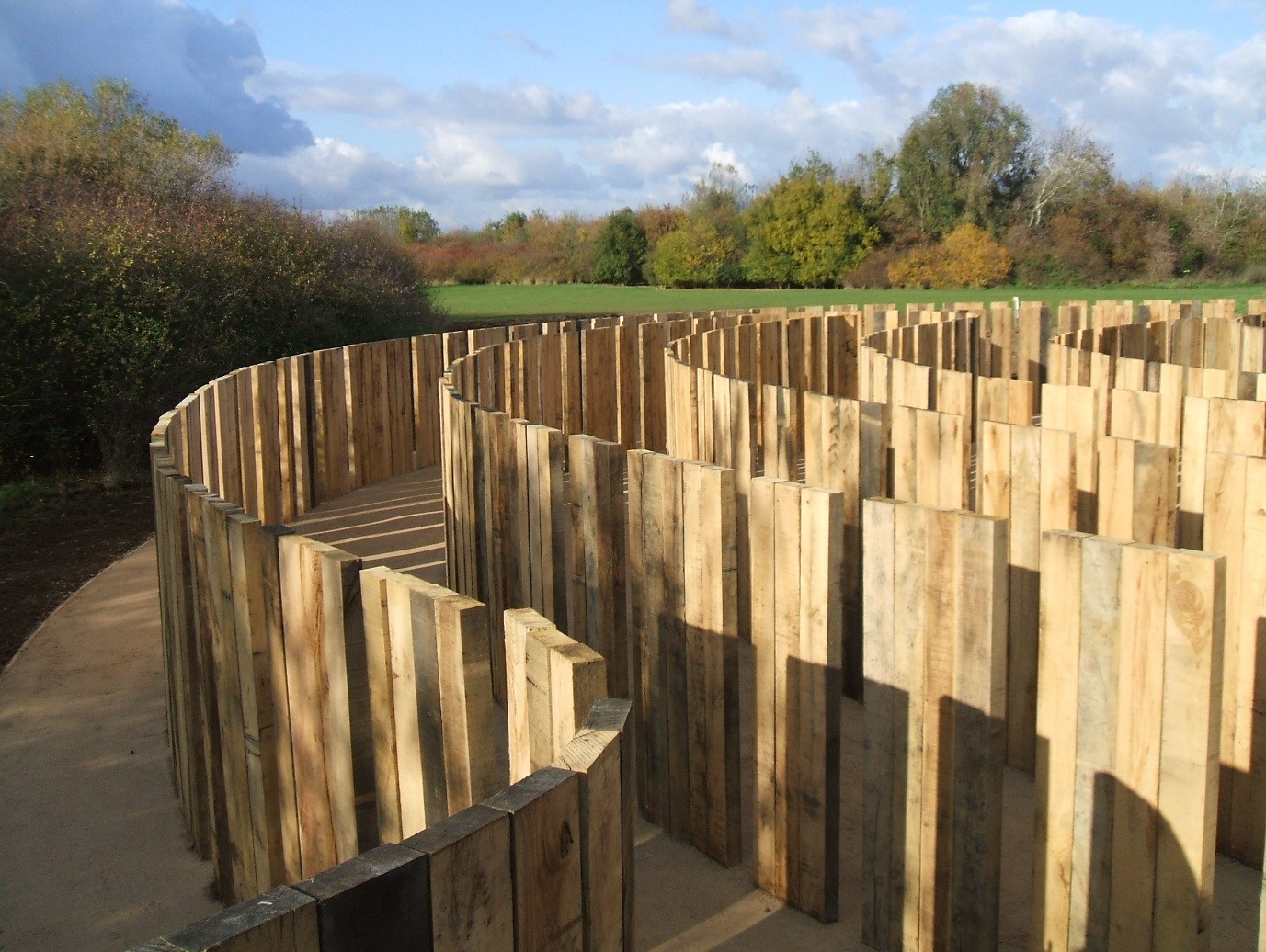 Wetland landscapes conjure a vast array of images and impressions; from the family friendly visitor centres encouraging us to get involved in citizen science projects to more moody, esoteric expressions of wilderness spaces captured in musical soundscapes, poetry and art. Within this exploratory research the University of Brighton will collate the outputs from a range of different media to develop a sensory tapestry of ideas, images, actions and artefacts which map how English wetlands are represented in contemporary cultural expressions. The research links with the Historical Representation of Wetlands work being undertaken by the Universities of Greenwich and Bristol, to interrogate how far past configurations of wetlands within society have shaped our current perceptions and understandings of wetlands now. Contact: Dr Mary Gearey This email address is being protected from spambots. You need JavaScript enabled to view it. for more information.
Wetland landscapes conjure a vast array of images and impressions; from the family friendly visitor centres encouraging us to get involved in citizen science projects to more moody, esoteric expressions of wilderness spaces captured in musical soundscapes, poetry and art. Within this exploratory research the University of Brighton will collate the outputs from a range of different media to develop a sensory tapestry of ideas, images, actions and artefacts which map how English wetlands are represented in contemporary cultural expressions. The research links with the Historical Representation of Wetlands work being undertaken by the Universities of Greenwich and Bristol, to interrogate how far past configurations of wetlands within society have shaped our current perceptions and understandings of wetlands now. Contact: Dr Mary Gearey This email address is being protected from spambots. You need JavaScript enabled to view it. for more information.
Environmental history
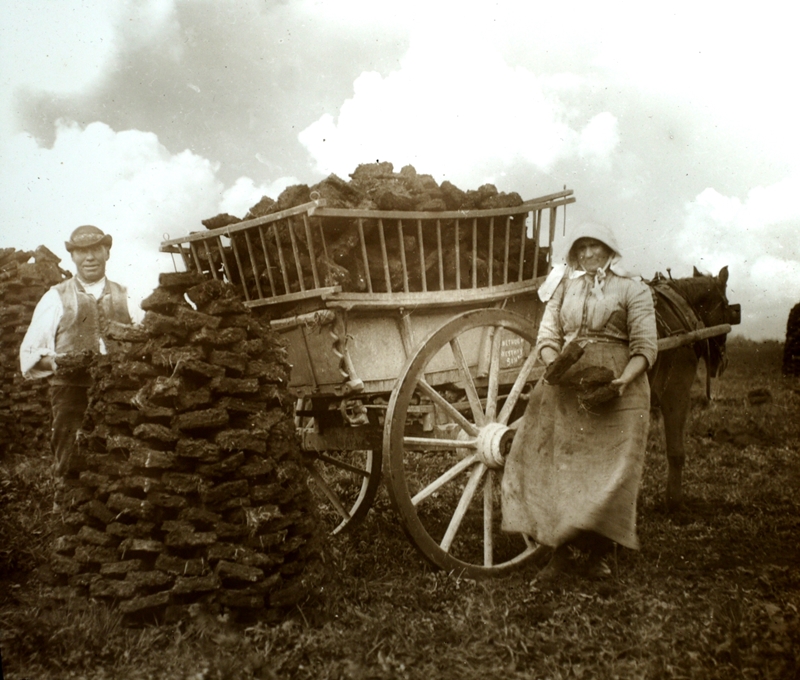 Environmental history explores the complex, multi-layered relationships between humans and the rest of the natural world over time, bringing in insights from various other disciplines, including anthropology, geography and ecology. In WetlandLIFE we are using environmental history as a way of understanding changes in terms of what we have done to wetlands – and thought about them – as well as what they have done to us. Though concentrating on the 20th century, we also look further into the past where relevant. With a particular focus on the role of mosquitoes, our historical investigation will include changing uses and activities in wetlands, perceptions and experience of risk and danger, and, conversely, health and wellbeing benefits from wetland environments. We will explore the notion that there are ‘insiders’ and ‘outsiders’ of wetlands, and cultural depictions of wetlands as untrustworthy, mysterious and desolate places. We will draw on a range of resources, including archival material, oral histories, photographs, local history and natural history texts, visual art and imaginative literature, to investigate different aspects of human-wetland-mosquito relationships in each of our three case study sites. Contact: Prof. Peter Coates This email address is being protected from spambots. You need JavaScript enabled to view it. for more information.
Environmental history explores the complex, multi-layered relationships between humans and the rest of the natural world over time, bringing in insights from various other disciplines, including anthropology, geography and ecology. In WetlandLIFE we are using environmental history as a way of understanding changes in terms of what we have done to wetlands – and thought about them – as well as what they have done to us. Though concentrating on the 20th century, we also look further into the past where relevant. With a particular focus on the role of mosquitoes, our historical investigation will include changing uses and activities in wetlands, perceptions and experience of risk and danger, and, conversely, health and wellbeing benefits from wetland environments. We will explore the notion that there are ‘insiders’ and ‘outsiders’ of wetlands, and cultural depictions of wetlands as untrustworthy, mysterious and desolate places. We will draw on a range of resources, including archival material, oral histories, photographs, local history and natural history texts, visual art and imaginative literature, to investigate different aspects of human-wetland-mosquito relationships in each of our three case study sites. Contact: Prof. Peter Coates This email address is being protected from spambots. You need JavaScript enabled to view it. for more information.
Community Voice Method
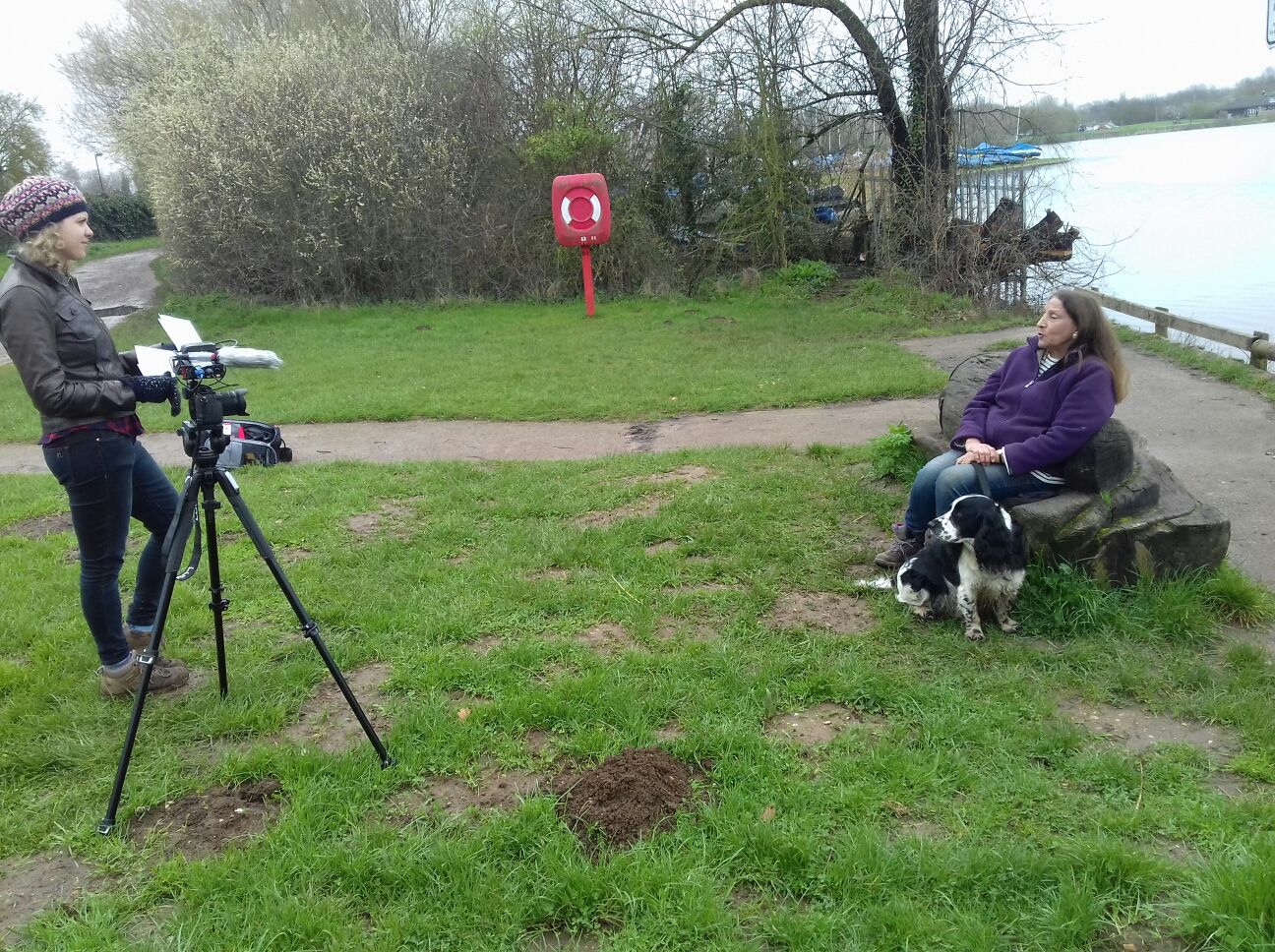 Community Voice Method (CVM) is a participatory method which aims, through film and other approaches, to encourage local stakeholders in engagement, discourse, and problem solving. Based around the concept of sharing values, knowledge and experiences, it combines stakeholder interviewing, qualitative analysis, film production and deliberative public meetings. For the WetlandLIFE project, CVM will be an approach for engaging a range of stakeholders that are interested or concerned with the management of their local wetland. It is an intervention method which will reveal the complex relationships that different people have with their local wetland, and also help identify goals and approaches for the future management of the wetlands in the context of health and wellbeing and mosquito management. Through CVM, we will be producing placed-based documentaries for each of our three main study areas, featuring members of the local communities, as well as shorter films, publications and exhibitions. Contact: Dr Tim Acott This email address is being protected from spambots. You need JavaScript enabled to view it. for more information.
Community Voice Method (CVM) is a participatory method which aims, through film and other approaches, to encourage local stakeholders in engagement, discourse, and problem solving. Based around the concept of sharing values, knowledge and experiences, it combines stakeholder interviewing, qualitative analysis, film production and deliberative public meetings. For the WetlandLIFE project, CVM will be an approach for engaging a range of stakeholders that are interested or concerned with the management of their local wetland. It is an intervention method which will reveal the complex relationships that different people have with their local wetland, and also help identify goals and approaches for the future management of the wetlands in the context of health and wellbeing and mosquito management. Through CVM, we will be producing placed-based documentaries for each of our three main study areas, featuring members of the local communities, as well as shorter films, publications and exhibitions. Contact: Dr Tim Acott This email address is being protected from spambots. You need JavaScript enabled to view it. for more information.
Place-based narratives with special focus on recreational wetland users
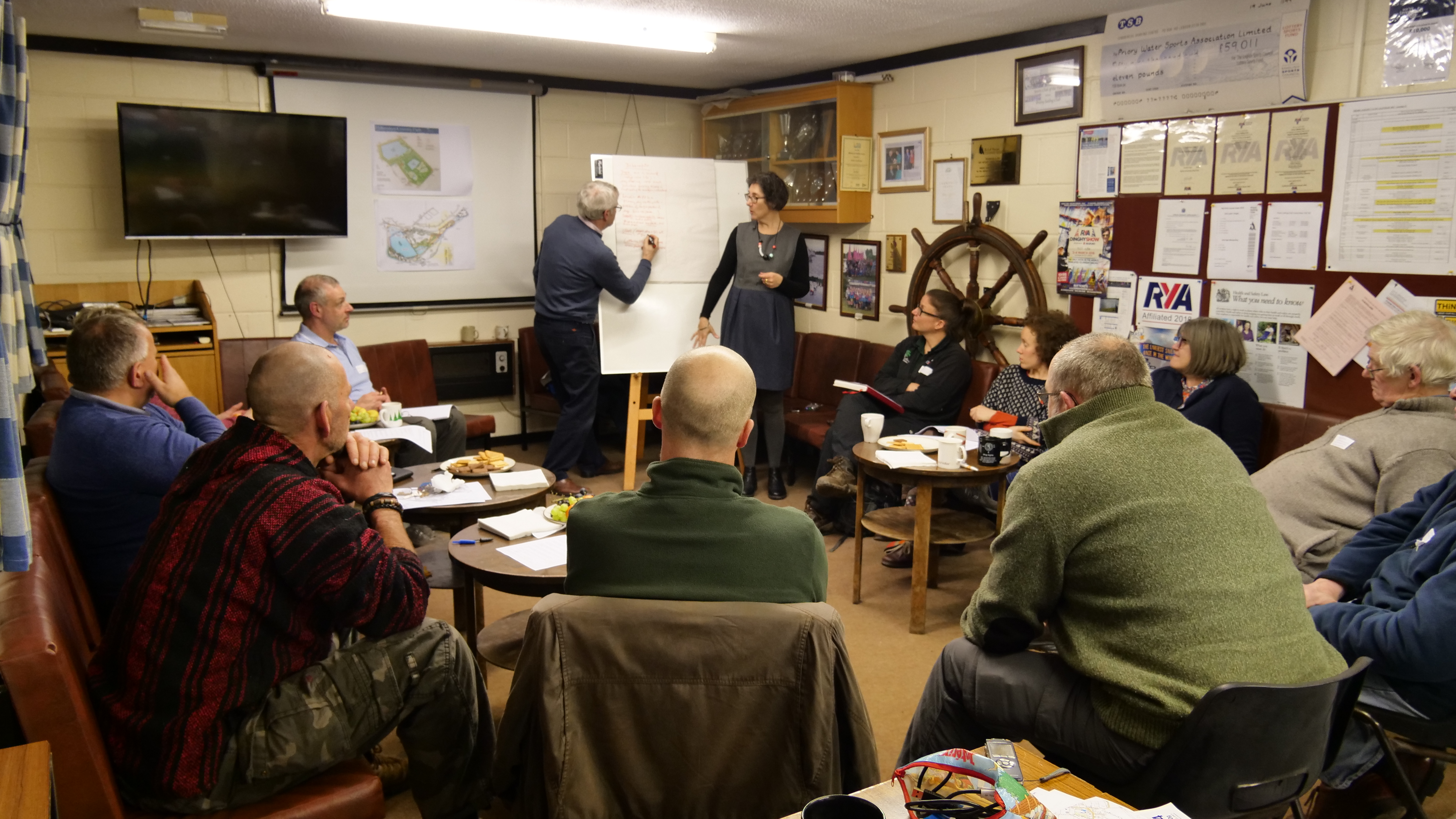
Photographic essay
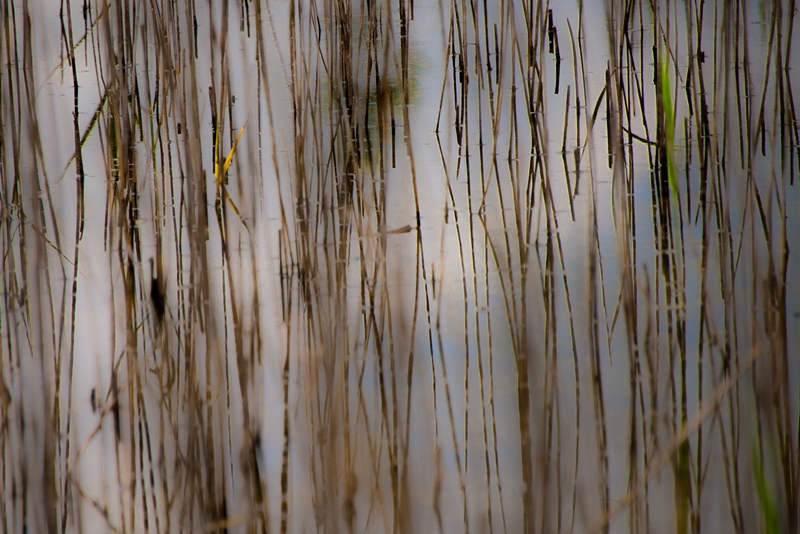 A photo essay is a set or series of photographs presented together as way of telling a story. They can be used to elicit emotion in the viewer, to stimulate interest, to share knowledge and to encourage discourse. The aim of the photo essay in WetlandLIFE is to document a sense of place of English wetlands and stimulate a creative conversation around wetland values. Through referencing both nature and society in the photos, it will highlight wetlands as places where human and non-human worlds are juxtaposed to create dynamic multifunctional landscapes. Themes will include wildness versus management, human use, material culture, history, the relationship between humans and nature, and the role of mosquitoes in the landscape. The photo essay will focus on 12 wetland sites with approximately 10 photographs per site. A selection of these will be used as part of an art exhibition, to be held at each of our three main case study sites. This will form part of a deliberation of shared values around wetlands. The collection of images will also contribute to a place based narrative of wetlands in England at the start of the 21st Century and will form an online display. More information on the photo essay is available here. Contact: Dr Tim Acott This email address is being protected from spambots. You need JavaScript enabled to view it. for more information.
A photo essay is a set or series of photographs presented together as way of telling a story. They can be used to elicit emotion in the viewer, to stimulate interest, to share knowledge and to encourage discourse. The aim of the photo essay in WetlandLIFE is to document a sense of place of English wetlands and stimulate a creative conversation around wetland values. Through referencing both nature and society in the photos, it will highlight wetlands as places where human and non-human worlds are juxtaposed to create dynamic multifunctional landscapes. Themes will include wildness versus management, human use, material culture, history, the relationship between humans and nature, and the role of mosquitoes in the landscape. The photo essay will focus on 12 wetland sites with approximately 10 photographs per site. A selection of these will be used as part of an art exhibition, to be held at each of our three main case study sites. This will form part of a deliberation of shared values around wetlands. The collection of images will also contribute to a place based narrative of wetlands in England at the start of the 21st Century and will form an online display. More information on the photo essay is available here. Contact: Dr Tim Acott This email address is being protected from spambots. You need JavaScript enabled to view it. for more information.
Stakeholder analysis
Stakeholder analysis involves application of a set of methods to help identify how stakeholder interests and influence might affect the outcome of public decision-making. This part of the work aims to consider how potential wetland scenarios may affect stakeholder interests and how stakeholder interest in, and influence over, wetlands will shape the potential role of wetlands in the future. In the initial stages, the work will identify a set of key potential outcomes for three case study wetlands, and define the boundaries associated with the socio-environmental system to be investigated. It will then identify the stakeholders within the boundaries of the socio-environmental system and classify stakeholders into groups, reflective key attributes and characteristics, and consider how these stakeholders interact together, before finally developing potential recommendations for future stakeholder engagement and policy. Contact: Dr Anil Graves This email address is being protected from spambots. You need JavaScript enabled to view it. or Prof. Joe Morris This email address is being protected from spambots. You need JavaScript enabled to view it. for more information.
Collaboration with artists
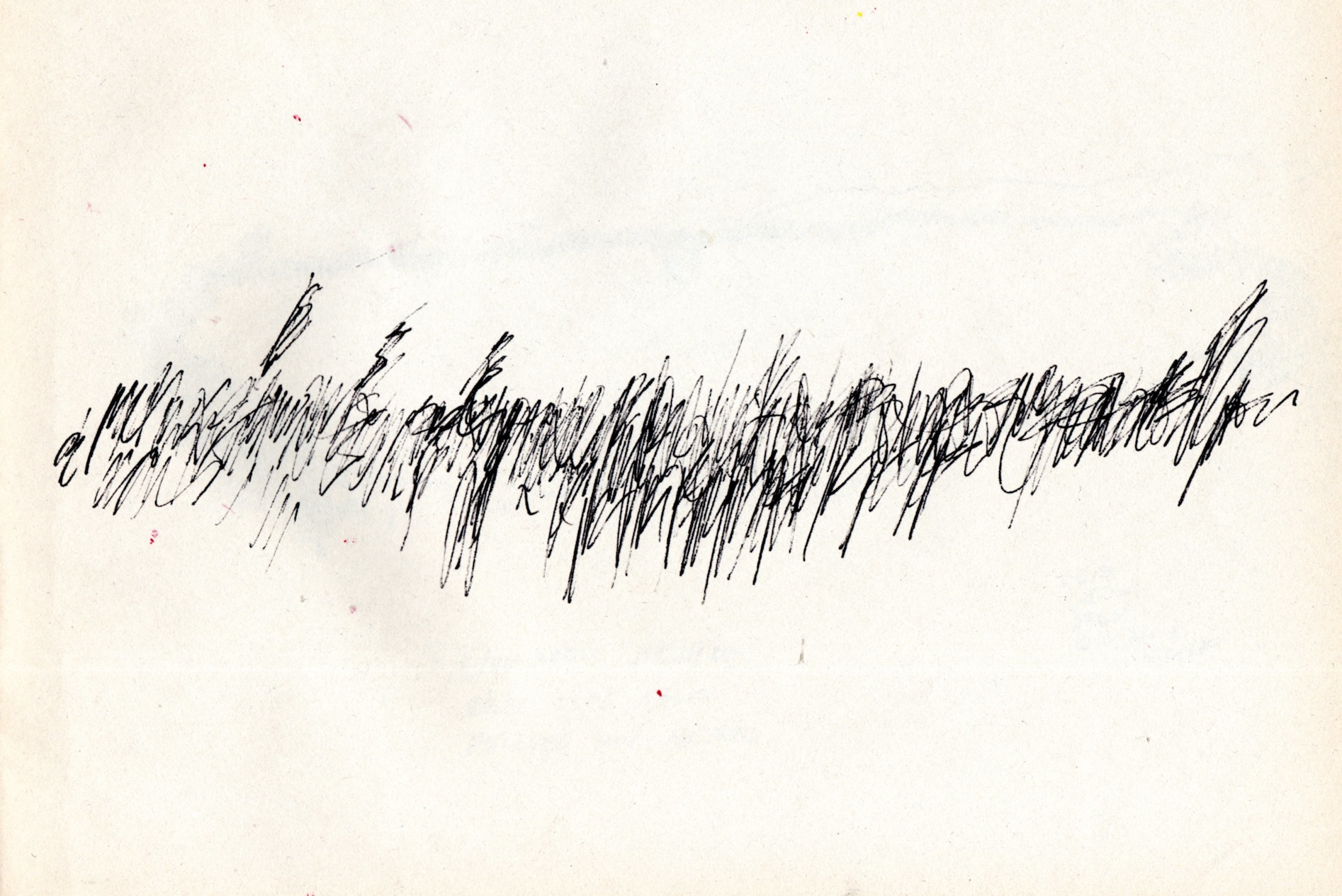 A key objective of WetlandLIFE is to demonstrate the role that artists can play in environmental research – not just by communicating its findings, but also by helping to generate new knowledge that changes how we value nature and the services it provides. With this in mind, three artists were commissioned in mid-2017. Kerry Morrison is a socially-engaged artist and interdisciplinary researcher collaborating with sound artist Helmut Lemke. Their work merges art and ecology to produce intriguing interventions in the landscape. Victoria Leslie is a researcher and published author with an interest in water narratives and gender in folklore and cultural history. Victoria will immerse herself in the case study sites and other watery places, writing stories, blogs and creative non-fiction. As a team, we plan to ‘capture the story’ of the artists’ collaboration – i.e. how the process of creating, performing and displaying artworks helped stimulate dialogue with wetland researchers, communities, managers and decision-makers, potentially transforming our understandings, values and actions. Contact: Kerry Morrison This email address is being protected from spambots. You need JavaScript enabled to view it., Helmut Lemke This email address is being protected from spambots. You need JavaScript enabled to view it., Victoria Leslie This email address is being protected from spambots. You need JavaScript enabled to view it. or David Edwards This email address is being protected from spambots. You need JavaScript enabled to view it. for more information.
A key objective of WetlandLIFE is to demonstrate the role that artists can play in environmental research – not just by communicating its findings, but also by helping to generate new knowledge that changes how we value nature and the services it provides. With this in mind, three artists were commissioned in mid-2017. Kerry Morrison is a socially-engaged artist and interdisciplinary researcher collaborating with sound artist Helmut Lemke. Their work merges art and ecology to produce intriguing interventions in the landscape. Victoria Leslie is a researcher and published author with an interest in water narratives and gender in folklore and cultural history. Victoria will immerse herself in the case study sites and other watery places, writing stories, blogs and creative non-fiction. As a team, we plan to ‘capture the story’ of the artists’ collaboration – i.e. how the process of creating, performing and displaying artworks helped stimulate dialogue with wetland researchers, communities, managers and decision-makers, potentially transforming our understandings, values and actions. Contact: Kerry Morrison This email address is being protected from spambots. You need JavaScript enabled to view it., Helmut Lemke This email address is being protected from spambots. You need JavaScript enabled to view it., Victoria Leslie This email address is being protected from spambots. You need JavaScript enabled to view it. or David Edwards This email address is being protected from spambots. You need JavaScript enabled to view it. for more information.

